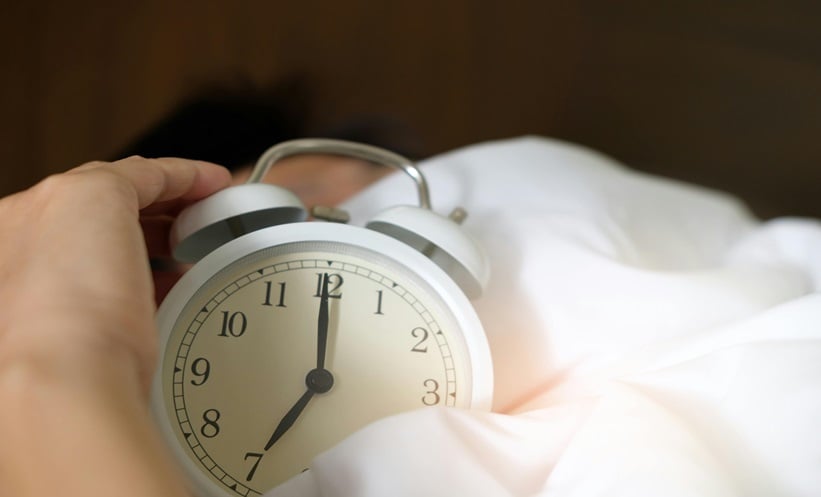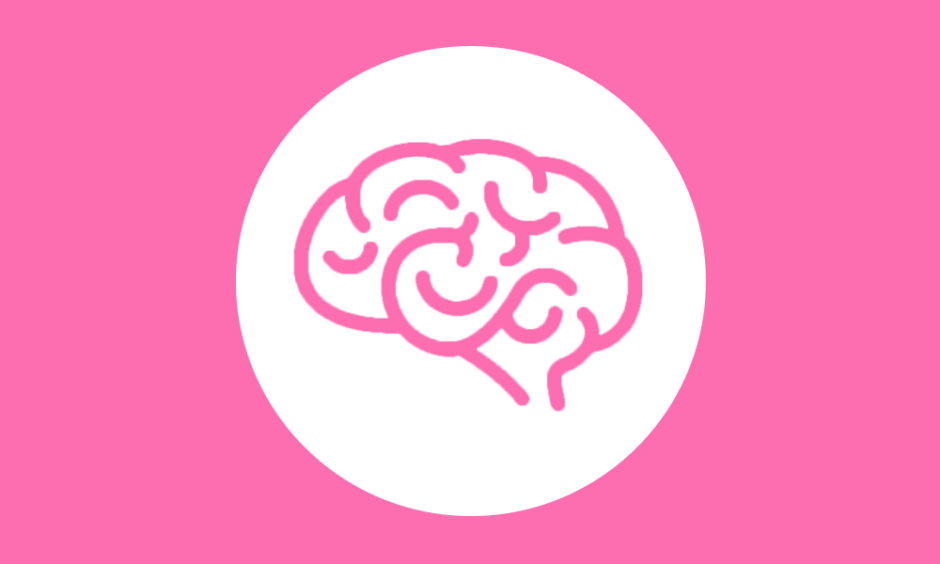NEW findings reveal that shorter sleep durations over a prolonged period in childhood are associated with a significant risk of psychosis disorder and psychotic episodes in early adulthood. Persistent shorter sleep can negatively impact child development and is associated with an increased risk of mental health and behavioural problems. Previous studies have identified sleep deprivation as a potential cause for increased risk of psychosis development. However, there is a lack of longitudinal studies investigating the impact of childhood sleep problems on psychosis risk. Therefore, researchers assessed the association between sleep deprivation and psychosis in young adulthood, also evaluating the potential mediating role of inflammation.
Researchers utilised a UK birth cohort termed the Avon Longitudinal Study of Parents and Children, which was designed to study the determinants of development, health, and disease from childhood and beyond. Patient data was available on 12,394 children and 3,962 young adults, and nighttime sleep duration data was collected at 6, 18, and 30 months and at 3.5, 4 to 5, 5 to 6, and 6 to 7 years. Psychotic episodes and disorders were assessed at age 24 employing the Psychosis-like Symptoms Interview. The possible role of inflammation accounting for sleep deprivation and psychosis link was examined by measuring inflammatory markers C-reactive protein and interleukin 6 in study participants’ blood samples at ages 9 and 15. Latent class growth analyses and logistic regressions were employed to detect trajectories of nighttime sleep duration and the association between nighttime sleep duration and psychotic disorders in early adulthood. Interleukin 6 and C-reactive protein’s potential role as mediators of psychosis was analysed using path analyses.
Results demonstrated that children with prolonged sleep problems were significantly more likely to develop psychosis disorder (odds ratio [OR] = 2.5; 95% CI,1.51-4.15) or experience psychotic episodes at 24 years of age (OR = 3.64; 95% CI,2.23-5.95). Furthermore, higher levels of interleukin six at nine years of age were found to partially mediate the association between sleep deprivation and psychosis, highlighting its potential as a targeted intervention in children. The authors concluded by noting the importance of improving sleep problems in children to address later-life psychosis.
Reference
Morales-Muñoz I et al. Role of inflammation in short sleep duration across childhood and psychosis in young adulthood. JAMA psychiatry.








